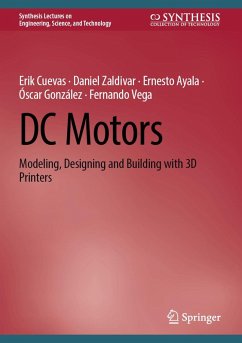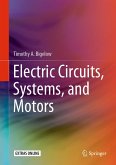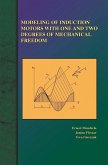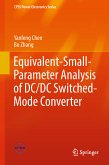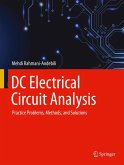This textbook provides readers with the knowledge and practical skills necessary to understand, design, and construct their own functional DC motors using 3D printing technology. The authors provide a clear and accessible introduction to the fundamental concepts of DC motors, explaining how they work, their different types, and their applications in a way that is easy for readers with limited technical background to understand. The book bridges the gap between theoretical knowledge and practical application, so that readers see how theoretical concepts translate into real devices. The authors guide readers through the process of building their own DC motors, using 3D printing technology. Readers can gain hands-on experience creating functional devices, using the step-by-step instructions, illustrations, and diagrams. The authors' focus on 3D printing enables readers to explore the field of customization, so they can adapt motor designs to fit their specific needs, whether for a project, a prototype, or an application.
In addition, this book:
- Provides readers a comprehensive, textbook introduction to DC motors, using 3D printing technology
- Designed to be accessible to readers with varying backgrounds, emphasizing application
- Covers fundamental principles, while guiding readers through the design process using 3D printing technology
Dieser Download kann aus rechtlichen Gründen nur mit Rechnungsadresse in A, B, BG, CY, CZ, D, DK, EW, E, FIN, F, GR, HR, H, IRL, I, LT, L, LR, M, NL, PL, P, R, S, SLO, SK ausgeliefert werden.

